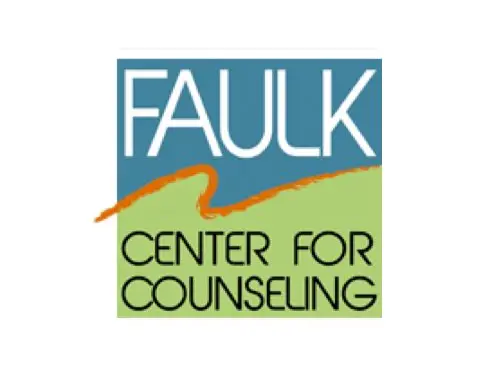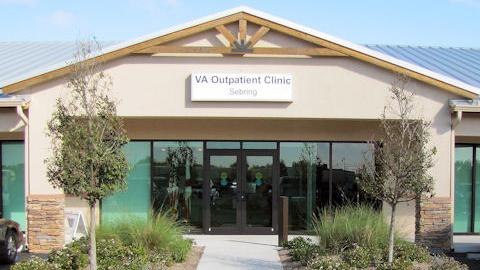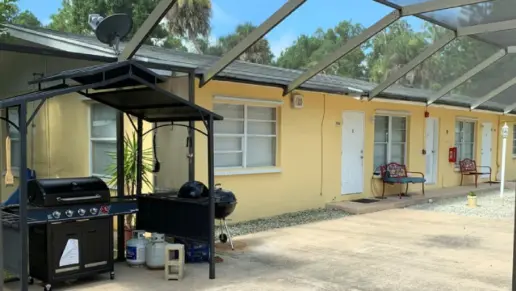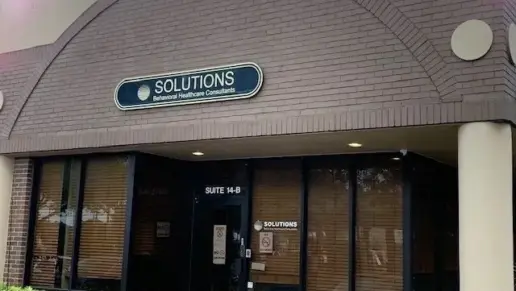I would not use this place as a pet whisperer. The counselors are very young and don't understand. Do not use them for anything that would need to be documented. They wrote that my daughter with a comprehension disorder was not participating at the highest level in group. ...
About Faulk Center for Counseling
For close to 50 years, The Faulk Center for Counseling has been a trusted community resource to help individuals and families successfully address and sustain their emotional wellbeing through a variety of free and low-cost counseling, therapy, and supportive services. Clinical services are provided on-site or online through telehealth.
The Faulk Center for Counseling provides individual, couples, and family counseling along with group therapy and support groups.
Therapy Groups require an initial intake meeting and evaluation. Available groups include:
Kid Connect
Teen Connect
Young Teen Cope
Teen Cope
Young Adults
Adult Connect
Anger Management
Dialectical Behavior Therapy (DBT)
Support Groups require registration, but no intake meeting prior to attendance. Groups include:
Men’s Issues
LGBTQ+ Adults
Women’s Issues
Life Issues
LGBTQ+ Teens
Divorced and Separated
Moving Forward for Widows and Widowers
The Faulk Center for Counseling does not accept insurance but provides services at a cost typically less than an insurance co-pay. Financial assistance is available for those who qualify.
Latest Reviews
Rehab Score
Location
Location
Other Forms of Payment
Self-pay involves paying for treatment out of your own pocket. You can use savings or credit, get a personal loan, or receive help from family and friends to fund your treatment. If you don't have insurance or your insurance plan doesn't cover a specific program, self-pay can help ensure you still get the care you need.
Sliding scale payments are based on a client's income and family size. The goal is to make treatment affordable to everyone. By taking these factors into account, addiction recovery care providers help ensure that your treatment does not become a financial burden to you or your family, eliminating one barrier to care.
Addiction Treatments
Treatments
Mental health rehabs focus on helping individuals recover from mental illnesses like bipolar disorder, clinical depression, anxiety disorders, schizophrenia, and more. Mental health professionals at these facilities are trained to understand and treat mental health issues, both in individual and group settings.
Programs


Clinical Services
Cognitive Behavioral Therapy (CBT) is a therapy modality that focuses on the relationship between one's thoughts, feelings, and behaviors. It is used to establish and allow for healthy responses to thoughts and feelings (instead of unhealthy responses, like using drugs or alcohol). CBT has been proven effective for recovering addicts of all kinds, and is used to strengthen a patient's own self-awareness and ability to self-regulate. CBT allows individuals to monitor their own emotional state, become more adept at communicating with others, and manage stress without needing to engage in substance abuse.
Whether a marriage or other committed relationship, an intimate partnership is one of the most important aspects of a person's life. Drug and alcohol addiction affects both members of a couple in deep and meaningful ways, as does rehab and recovery. Couples therapy and other couples-focused treatment programs are significant parts of exploring triggers of addiction, as well as learning how to build healthy patterns to support ongoing sobriety.
Dialectical Behavior Therapy (DBT) is a modified form of Cognitive Behavioral Therapy (CBT), a treatment designed to help people understand and ultimately affect the relationship between their thoughts, feelings, and behaviors. DBT is often used for individuals who struggle with self-harm behaviors, such as self-mutilation (cutting) and suicidal thoughts, urges, or attempts. It has been proven clinically effective for those who struggle with out-of-control emotions and mental health illnesses like Borderline Personality Disorder.
Experiential therapy is a form of therapy in which clients are encouraged to surface and work through subconscious issues by engaging in real-time experiences. Experiential therapy departs from traditional talk therapy by involving the body, and having clients engage in activities, movements, and physical and emotional expression. This can involve role-play or using props (which can include other people). Experiential therapy can help people process trauma, memories, and emotion quickly, deeply, and in a lasting fashion, leading to substantial and impactful healing.
Contact Information
22455 Boca Rio Road
Boca Raton, FL 33433



